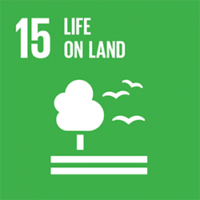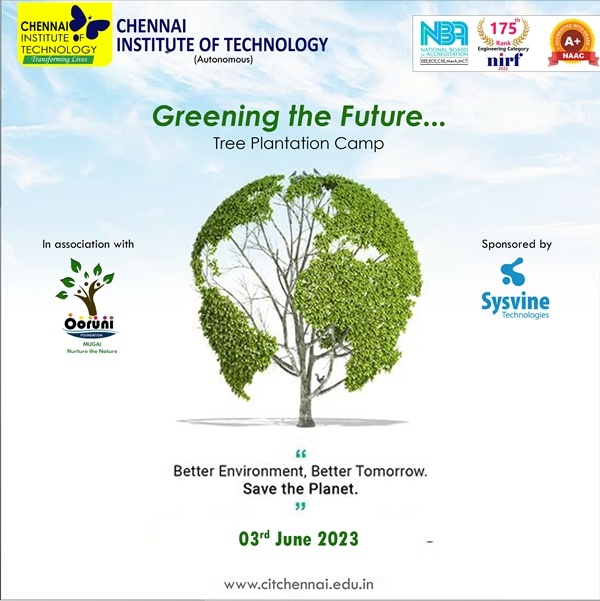
Protect, restore and promote sustainable use of terrestrial ecosystems, sustainably manage forests, combat desertification, halt and reverse land degradation, and halt biodiversity loss
Terrestrial ecosystems are vital for sustaining human life, contributing to over half of global GDP and encompassing diverse cultural, spiritual, and economic values. Global forest coverage decreased from 31.9 per cent in 2000 (4.2 billion hectares) to 31.2 per cent (4.1 billion hectares) in 2020. In 2021, Official Development Assistance (ODA) in support of biodiversity increased by 26.2 per cent from $7.7 billion in 2020 to $9.8 billion. In 2022, 21 per cent of reptile species are threatened. Between 2015 and 2019, at least 100 million hectares of healthy and productive land were degraded every year, impacting the lives of 1.3 billion people. Halting deforestation and restoring the use of terrestrial ecosystems is necessary to reduce the loss of natural habitats and biodiversity which are part of our common heritage.
Outreach Programs
SDG Goals
- 01 – No Poverty
- 02 – Zero Hunger
- 03 – Good Health and Well-being
- 04 – Quality Education
- 05 – Gender Equality
- 06 – Clean Water and Sanitation
- 07 – Affordable and Clean Energy
- 08 – Decent Work and Economic Growth
- 09 – Industry, Innovation and Infrastructure
- 10 – Reduced Inequalities
- 11 – Sustainable Cities and Communities
- 12 – Responsible Consumption and Production
- 13 – Climate Action
- 14 – Life below Water
- 15 – Life on Land
- 16 – Peace, Justice and Strong Institutions
- 17 – Partnerships for the Goals









